The pandemic meant even the most avid gym-goers started working out at home. We have made peace with using wine bottles as weights and exercising virtually. Slowly yet steadily, we have even returned to the gyms. However, one thing that the pandemic taught us was the need to exercise and keep moving for our mental and physical health.
Mustering up the energy to workout during this time is no mean feat but there could be some things that you might be doing wrong.
Overdoing the intensity of exercise
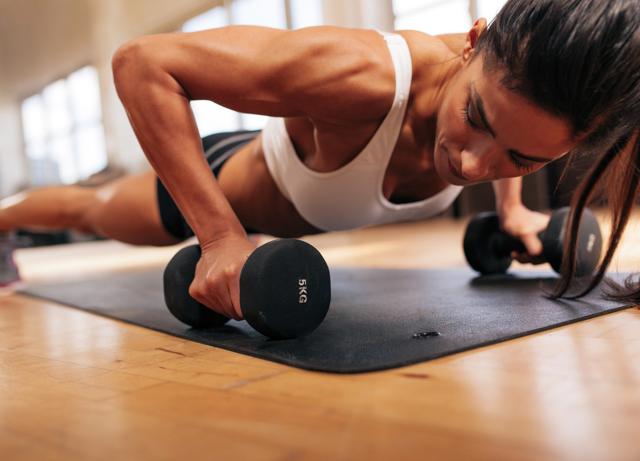
A worldwide accepted norm in fitness training follows the pyramid of building endurance first, strength second and ultimately power. A simple example would be mastering brisk walking/jogging first, running next and ultimately progressing to sprinting/jumping after months. Or in the case of weight training exercises, it’s about first mastering lower weights and high repetitions (15+), then learning to lift heavier weights and lower reps (-5), and only then attempting explosive highspeed/impact movements such as jumps, Olympic lifts, etc. Missing this chain of systematic training not only puts you at risk of injuries and overtraining, but also doesn’t allow you to squeeze the maximum benefits of each endurance, strength or power training phase.
Solution: Start slow and gradually build up to intense training, especially if you don’t have a history of following a fitness lifestyle. The last thing you want in Covid times is to be visiting hospitals for a physical injury sustained due to over-exercising.
Attaching emotions to exercise
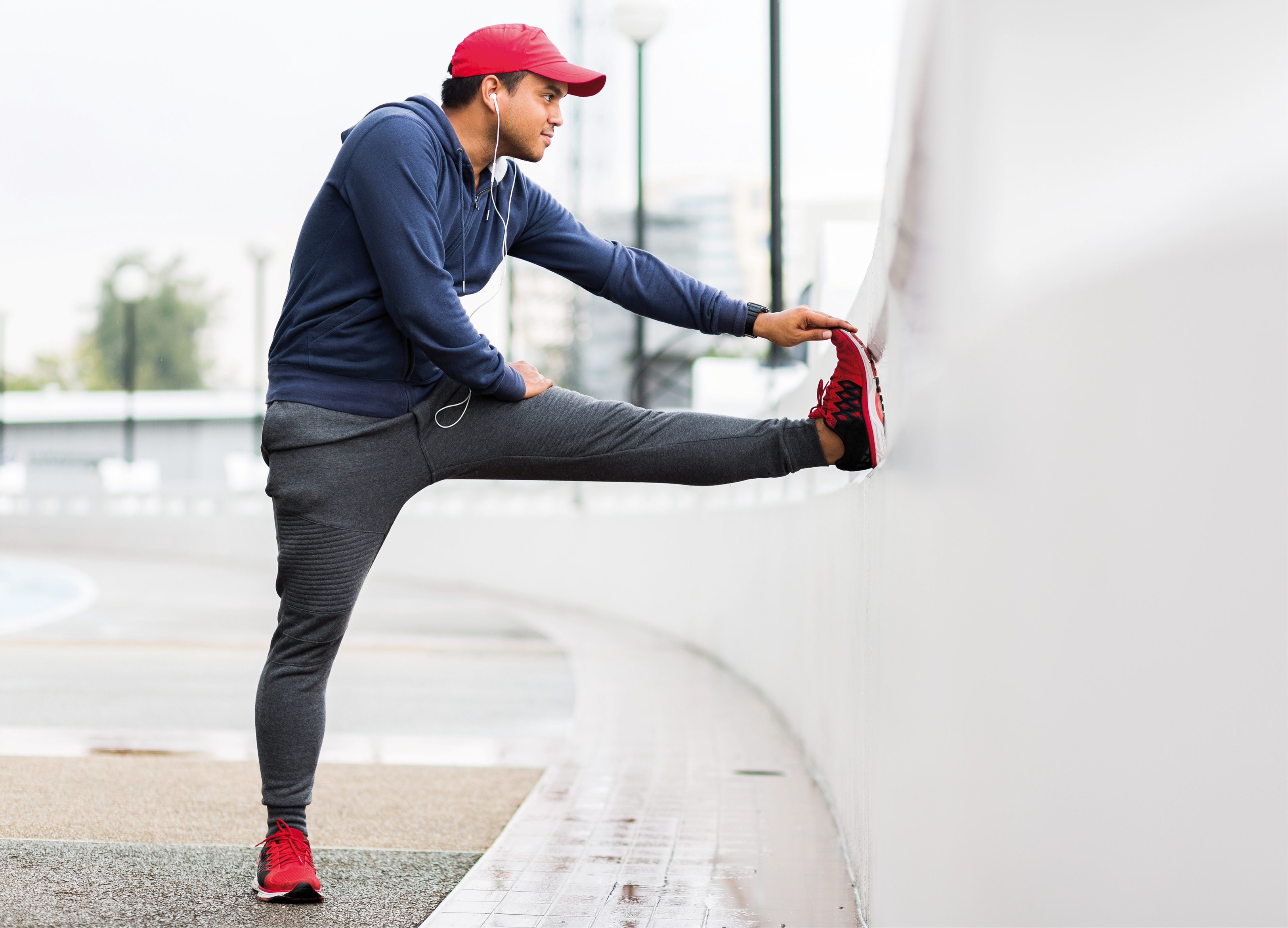
Let’s be clear – exercise is good for physical health and fitness. But assuming that training hard automatically builds the qualities of discipline, dedication, motivation, inspiration, belief, etc., which transfer to other aspects of life is erroneous. Or else, all powerful and influential positions in science, technology, leadership and so on would have been filled only by fit people.
Solution: Use exercise to improve physical fitness, which in turn can influence your mental well-being as well. But know the exact role, contribution and place of exercise in your life. Over-excitement in exercise is often as tricky as demotivation.
Training like an athlete
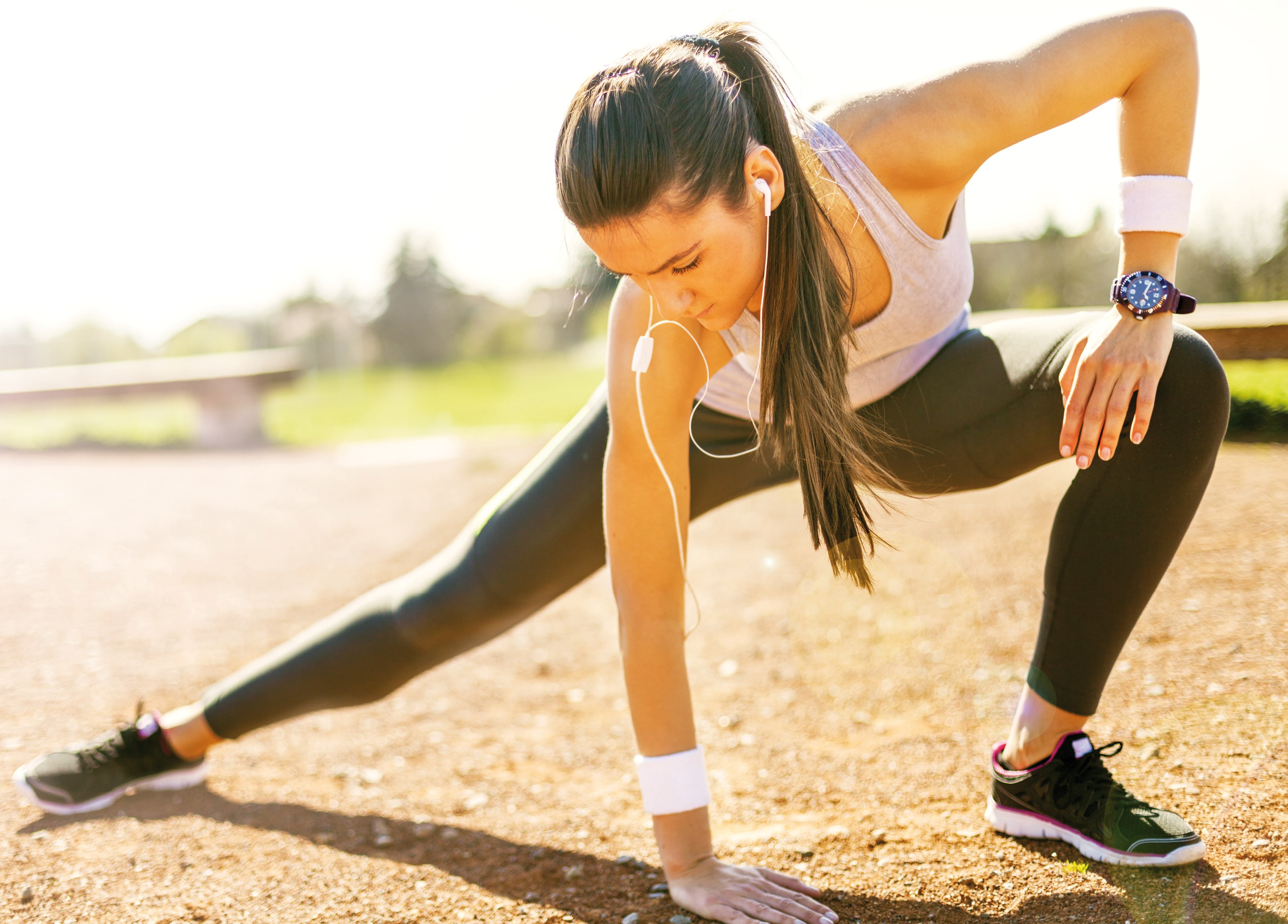
With the Olympics being held this year and the resulting focus on sport, don’t start training as if you’re a world champion. Athletes’ fitness lifestyles are designed specifically to improve their sport performances and many times is not the healthiest approach for a regular person. Athletes also sometimes train through pain and discomfort because pushing their bodies at that time can make the difference in winning a medal, sponsorship, creating history, etc. Now unless you’re training for the above, be very clear about the time you invest in exercise and fitness.
Solution: Exercise to improve your QOL (quality of life), such as a stronger lower back for a desk job worker, improving lung capacity for an ex-smoker, etc.
Not individualising your training
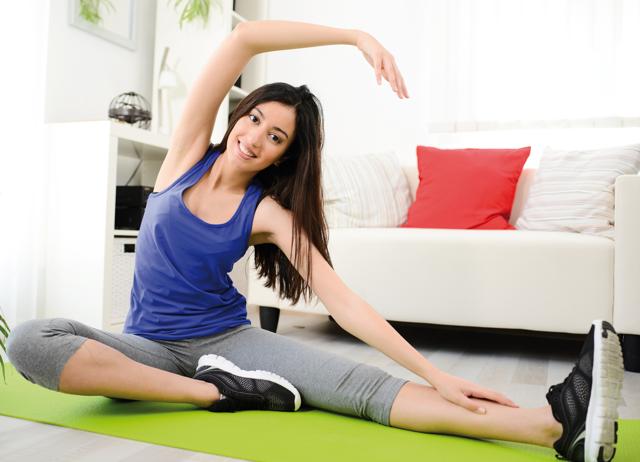
Remember that every person’s body is unique and that is why you should train according to your particular requirements, food habits, injury-history, race, body type, time availability, etc. Just like there is no one fixed tonic/prescription for all illnesses, there is no fixed exercise programme for everyone’s requirements.
Solution: Experiment to learn what works best for you and your well-being. In the same way, you would research before buying a house or a car, research exercise too. Knowledge is often the one thing most lacking in the approach to exercise.
Separating fitness from the internet
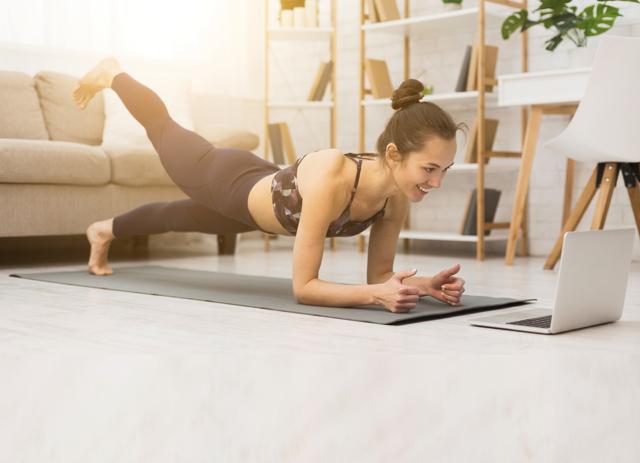
Over the last decade, there has been a definite shift in the use of social media, even more during Covid times. This can lead to the urge to post exercise pics/videos regularly and though there is no harm in occasionally sharing some fitness posts, be aware that regularly posting about your exercise programmes can sometimes become an addiction. Because one can’t post the same exercises regularly, it can then become a circus of performing newer exercise stunts and sometimes pushing the body beyond its safe capacities.
Solution: Use exercise as your personal sensible friend rather than as a challenge to show to others. It’s about you and your relationship with your body – keep it respectful, especially during these trying times.
The author is counted among the foremost fitness experts in India Deckline Leitão, CSCS NASMPES, CES, CPT, is well known for his personal training expertise and also works closely with Olympic-hopefuls.
From HT Brunch, July 25, 2021
Follow us on twitter.com/HTBrunch
Connect with us on facebook.com/hindustantimesbrunch
from WordPress https://ift.tt/3BCSphM
via IFTTT

No comments:
Post a Comment